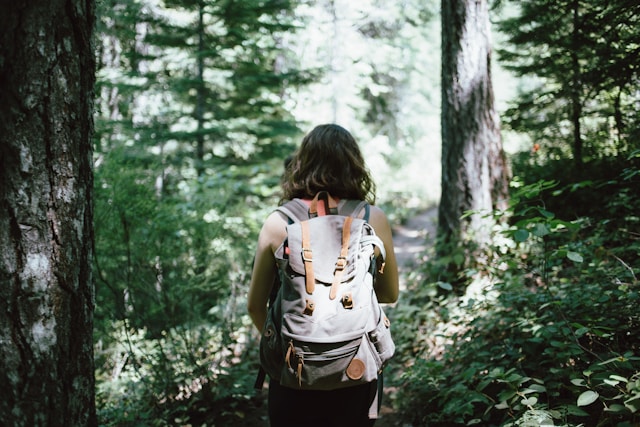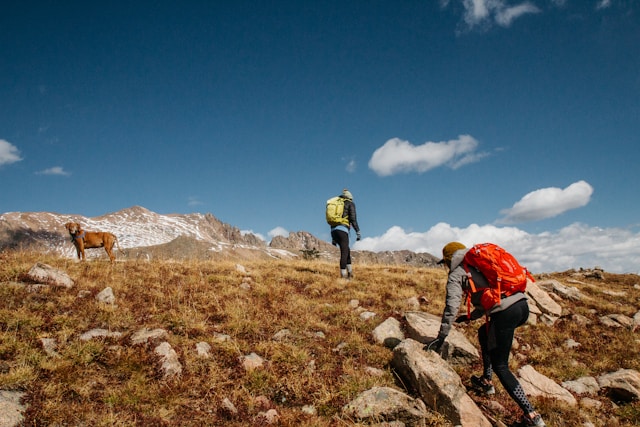Embarking on a multi-day hiking trip in New Zealand’s stunning wilderness is a dream come true for outdoor enthusiasts. However, proper preparation and packing are essential to ensure a safe, comfortable, and enjoyable experience on the trail. From essential gear and clothing to food and emergency supplies, here’s the ultimate packing list to help you prepare for your multi-day hiking adventure in New Zealand:
1. Backpack
Choose a sturdy and comfortable backpack with enough capacity to hold all your gear and supplies for the duration of your hike. Look for a pack with adjustable straps, padded hip belts, and multiple compartments for easy organization.
2. Shelter
Pack a lightweight tent, bivvy sack, or hammock for sleeping under the stars during your multi-day hike. Make sure your shelter is suitable for the weather conditions you may encounter and practice setting it up before your trip.
3. Sleeping Gear
Bring a warm sleeping bag rated for the expected temperatures and a lightweight sleeping pad for insulation and comfort. Consider packing a small pillow or stuff sack filled with clothes for added comfort while sleeping.
4. Clothing
Dress in layers and pack clothing suitable for a range of weather conditions, including lightweight and moisture-wicking base layers, insulating mid-layers, and waterproof outer layers. Don’t forget to pack extra socks, underwear, and a hat for sun protection.
5. Footwear
Choose sturdy and comfortable hiking boots or shoes with good ankle support and a grippy sole for traction on varied terrain. Break in your footwear before your hike to avoid blisters and discomfort on the trail.
6. Food and Water
Pack lightweight and nutritious meals and snacks for the duration of your hike, including dehydrated meals, energy bars, nuts, and dried fruits. Bring a water filtration system or purification tablets to ensure access to safe drinking water along the trail.

7. Cooking Equipment
Bring a lightweight camping stove, fuel, and cookware for preparing meals and boiling water on the trail. Consider packing a collapsible or lightweight pot for cooking and eating utensils for serving meals.
8. Navigation Tools
Carry a map, compass, or GPS device to navigate the trail and stay on course during your hike. Familiarize yourself with the route before your trip and bring a guidebook or trail notes for reference.
9. First Aid Kit
Pack a comprehensive first aid kit with essential supplies for treating minor injuries, including bandages, adhesive tape, antiseptic wipes, pain relievers, and blister treatment. Consider taking a wilderness first aid course before your hike to learn essential first aid skills.
10. Emergency Supplies
Bring emergency supplies such as a whistle, signaling mirror, emergency blanket, and fire-starting tools for unexpected situations on the trail. Carry a fully charged cell phone or satellite communicator for communication in case of emergencies.
11. Personal Items
Don’t forget to pack personal items such as sunscreen, insect repellent, lip balm, toiletries, and a small towel for hygiene and comfort on the trail. Consider bringing a lightweight book, journal, or camera to document your adventure.
12. Leave No Trace
Practice Leave No Trace principles and pack out all trash and waste from your hike. Minimize your impact on the environment by following designated trails, respecting wildlife, and leaving natural objects undisturbed.






